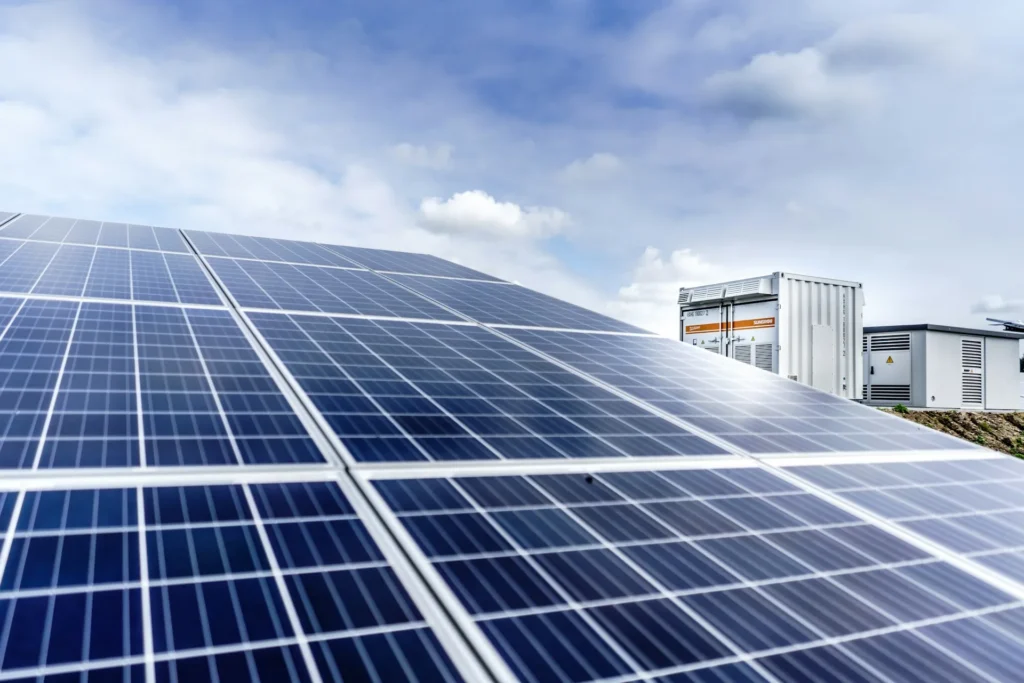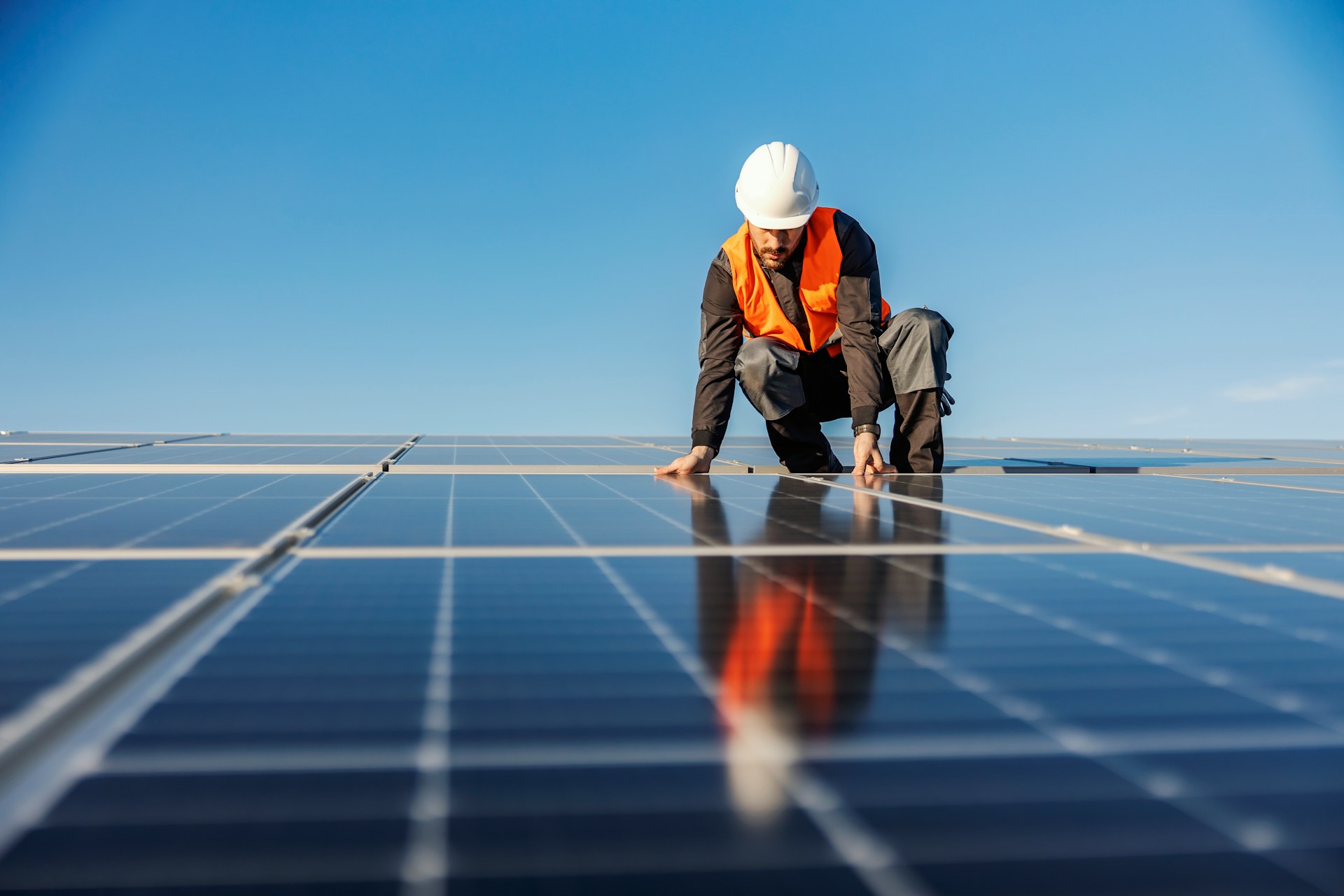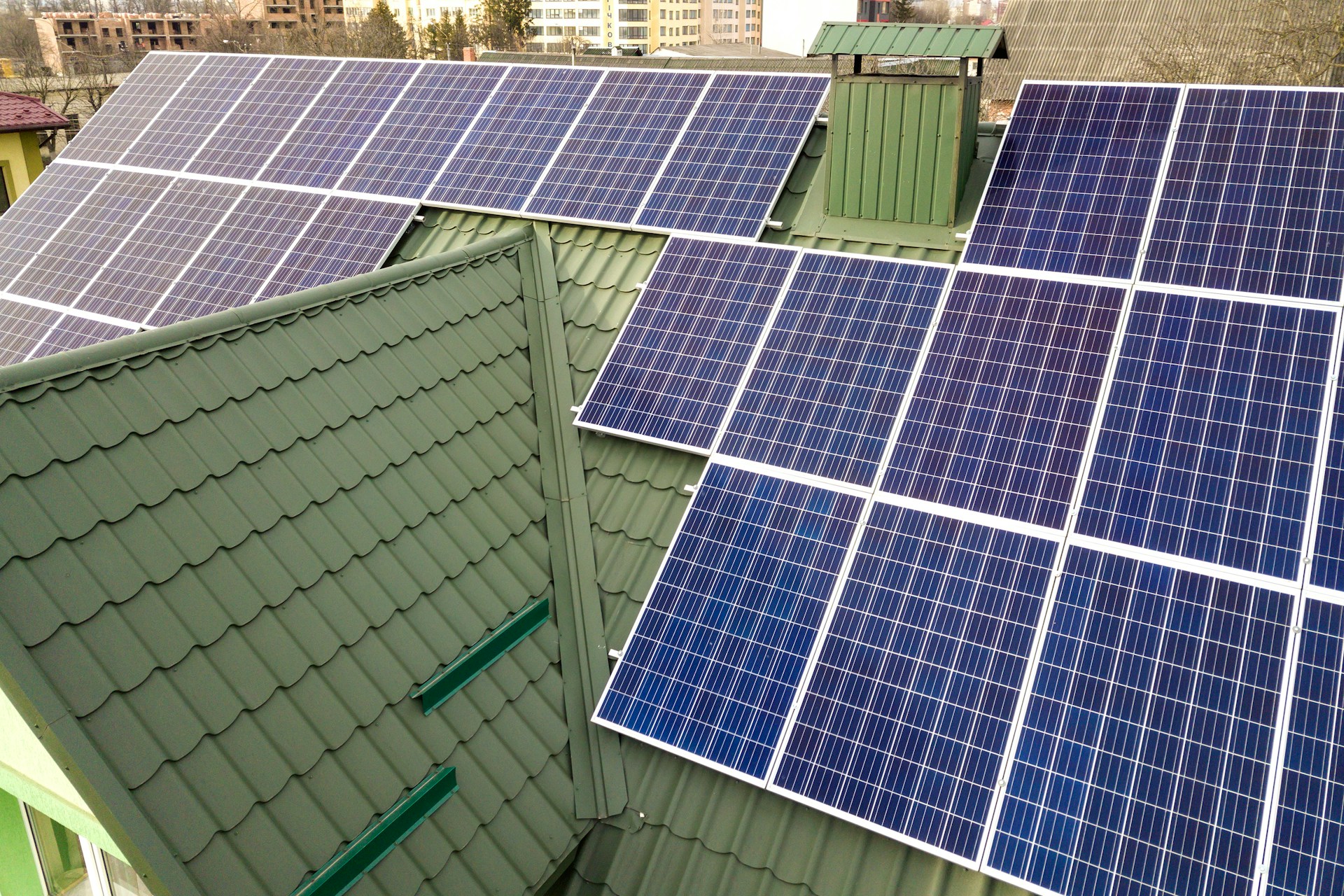As businesses continue to adopt environmentally responsible practices, solar energy stands as a highly sustainable and eco-friendly alternative to conventional energy sources. The integration of solar energy systems not only significantly reduces carbon footprints and greenhouse gas emissions but also fosters a greener and cleaner environment. However, to make well-informed decisions regarding solar energy adoption, it’s essential to understand the various factors that contribute to the environmental impact of solar energy systems.
Explore crucial elements such as panel recycling, system efficiency, and installation practices, and learn how our professionals at Hans Energy Systems can help you minimize your energy system’s environmental footprint.
Beyond The Glare: A Look At The Lifecycle Of A Solar Panel
A solar panel’s environmental impact extends far beyond its electricity generation phase. Here’s a closer look at the key stages in a solar panel’s lifecycle and the environmental considerations associated with each:
- Manufacturing: The process of manufacturing solar panels requires the use of raw materials like silicon, aluminum, and various chemicals. Extracting and processing these materials can have environmental consequences, including air and water pollution, as well as energy consumption.
- Transportation: The transportation of solar panels from manufacturing facilities to installation sites also contributes to the system’s environmental footprint. Fossil fuel-based transportation methods generate greenhouse gas emissions, and careful consideration should be given to optimizing shipping routes and exploring alternative transportation options where feasible.
- Installation: The installation process itself can have a minor environmental impact. Site preparation activities such as grading or vegetation removal can disrupt local ecosystems. However, responsible installation practices, such as minimizing land disturbance and using environmentally friendly materials, can significantly reduce this impact.
- Operation and Maintenance: During operation, solar panels generate clean electricity with minimal environmental impact. However, routine maintenance activities, such as cleaning the panels or replacing damaged components, should be conducted responsibly to minimize waste generation and ensure proper disposal of any materials.
- Decommissioning and Recycling: At the end of their lifespan, typically around 25-30 years, solar panels need to be decommissioned and recycled. Responsible recycling practices are essential to prevent these panels from ending up in landfills and creating a new wave of environmental concerns. Fortunately, advancements are being made in solar panel recycling technology, allowing for the recovery and reuse of valuable materials like silicon and aluminum.
Optimizing Efficiency: Maximizing Sustainability
The efficiency of a solar energy system plays a significant role in its environmental impact. A highly efficient system generates more clean energy per unit of solar energy received, thereby minimizing the reliance on traditional energy sources and reducing overall environmental impact. Here are some key factors that influence the efficiency of a solar energy system:
- Panel Selection: Investing in high-efficiency solar panels can significantly improve the system’s output and reduce the number of panels required to meet your energy needs. While high-efficiency panels may have a slightly higher upfront cost, the long-term benefits in terms of energy production and environmental sustainability outweigh the initial investment.
- System Design and Orientation: The design and orientation of your solar energy system significantly impact its efficiency. Factors such as roof pitch, shading considerations, and proper panel placement all play a crucial role in maximizing energy capture. A well-designed system will produce more clean energy, reducing your reliance on the grid and minimizing the environmental impact.
- Regular Maintenance: Regular maintenance ensures optimal system performance and prevents energy losses. Scheduling periodic cleaning of the solar panels and ensuring proper system operation helps maintain efficiency and reduces the need for additional energy generation from non-renewable sources.
Looking Beyond Your Rooftop: The Broader Environmental Impact
The environmental impact of solar energy extends beyond your individual system. By choosing solar power, you contribute to a larger movement towards cleaner energy sources. This has a positive ripple effect on the environment by:
- Reducing Reliance on Fossil Fuels: As solar energy adoption increases, the demand for fossil fuels like coal and natural gas decreases. This decline in demand leads to a reduction in greenhouse gas emissions associated with the extraction, transportation, and burning of these fuels.
- Promoting Innovation: The growing demand for solar energy fosters continuous innovation in the industry. This leads to the development of new and more efficient solar panels, improved manufacturing processes with lower environmental footprints, and advancements in recycling technologies for end-of-life solar panels.
- Investing in a Sustainable Future: By choosing solar power, you are making a conscious decision to invest in a more sustainable future. This sends a powerful message to policymakers, manufacturers, and the community at large, encouraging further investment in clean energy solutions.
Partnering For A Sustainable Future
We are committed to providing our clients with solar energy solutions that not only meet their energy needs but also minimize their environmental impact. We offer a comprehensive range of services designed to ensure the sustainability of your solar energy system throughout its lifecycle, including:
- Expert System Design: Our team of experienced professionals will design a customized solar energy system that maximizes efficiency and minimizes environmental by harnessing the power of the sun for a brighter, cleaner tomorrow.
- Sustainable Procurement: We prioritize sourcing solar panels and components from manufacturers with strong environmental commitments. This includes selecting suppliers who utilize recycled materials in their manufacturing processes and have implemented energy-saving practices within their facilities.
- Responsible Installation Practices: Our installation crews are highly trained in upholding environmentally conscious practices during the installation process. We minimize land disturbance, utilize environmentally friendly materials whenever possible, and strictly adhere to local regulations regarding waste disposal.
- End-of-Life Recycling Support: We understand the importance of responsible solar panel recycling and are committed to helping our clients navigate the decommissioning process. We partner with reputable recycling facilities that utilize advanced technologies to recover and reuse valuable materials from decommissioned solar panels.
- Long-Term System Maintenance: Our comprehensive maintenance plans ensure optimal system performance throughout your solar panel’s lifespan. Regular cleaning and maintenance not only maximize energy production but also extend the life of your system, reducing the need for premature replacements and associated environmental impacts.
Championing Environmental Sustainability In Solar Energy Systems
By evaluating factors such as solar panel recycling, system efficiency, and sustainable installation practices, your business can make informed decisions regarding your solar energy system’s environmental impact. Our professionals at Hans Energy Systems are committed to assisting you in every step of your solar journey, ensuring that the choices you make are not only efficient but responsible and eco-friendly.
Ready to invest in a solar energy solution that maximizes performance and minimizes environmental impact? Contact Hans Energy Systems today for a reliable solar panel installation in Poway, and let us help you harness the power of the sun in a way that respects the environment and secures a greener future for us all!







